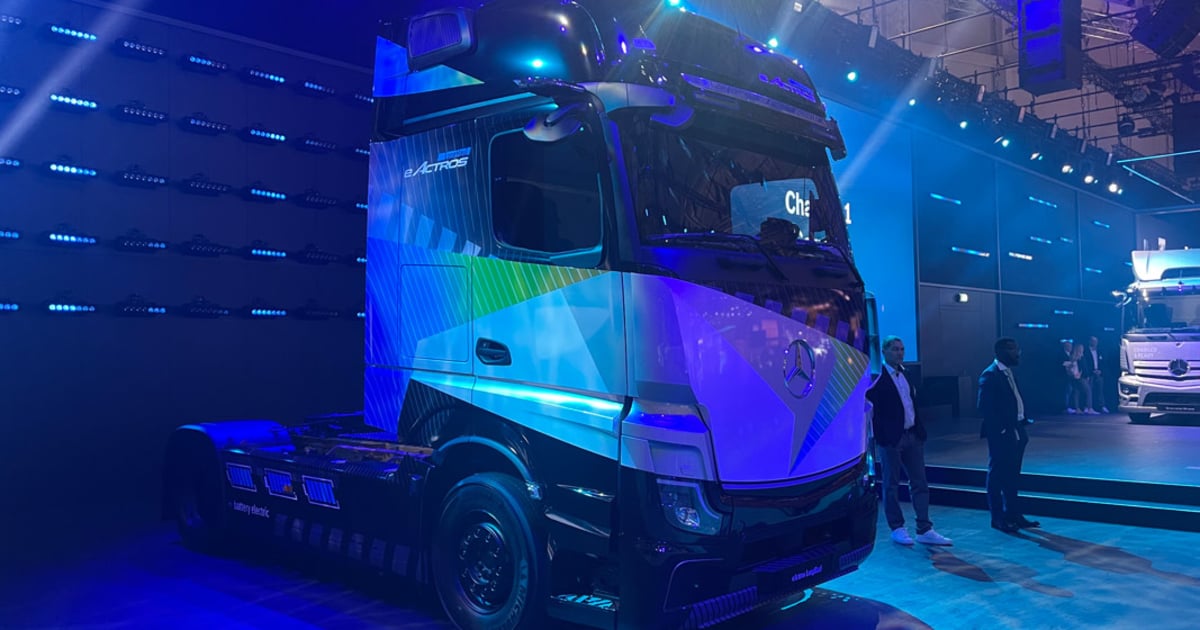
Cummins Inc., the Indiana-based diesel and natural gas engine manufacturer, will partner with two truck manufacturers and China’s EVE Energy Co. to build a battery plant in the US.
Cummins, Daimler Truck Holding AG and Paccar Inc. expect to invest $2 billion to $3 billion in the joint-venture factory, the companies said Wednesday. The three firms will each own 30 percent of the venture, while EVE Energy will hold 10 percent as their technology partner.
With electric cars becoming more widespread, battery-powered trucks are next in line as part of global efforts to reduce emissions from the transport sector. But the cost and size of batteries required to power heavy-duty vehicles has been a challenge.
The new factory, set to start making batteries from 2027, will initially focus on lithium-iron-phosphate cells for commercial vehicles. These will offer lower cost, longer life and greater safety than other battery chemistries, the companies said. A range of U.S. locations are under consideration, and a decision is due within the next six months, a Daimler Truck spokesman said.
The joint effort is a logical step for the truck and engine manufacturers, since “the economics and total cost of ownership for heavy-trucks still favor diesel,” said Bloomberg Intelligence’s Christopher Ciolino.
“It’s not practical or feasible for them to invest in all these new technologies/products so partnerships are critical for helping the industry as a whole accelerate adoption,” Ciolino said. “This deal seems to be a step toward improving the cost competitiveness.”
Daimler Truck is the world’s biggest commercial vehicle maker and owns the Freightliner and Western Star brands in the U.S. The company has estimated battery-electric and fuel cell vehicles will make up as much as 60 percent of its Europe sales by 2030. Volkswagen’s Traton and Volvo are aiming for 50 percent share in that time frame.
Since President Joe Biden signed the Inflation Reduction Act a year ago, U.S. companies have announced $72 billion of investments in the EV supply chain, according to data compiled by BloombergNEF. The law is designed to level the playing field between the U.S. and China, whose companies currently dominate battery production.

